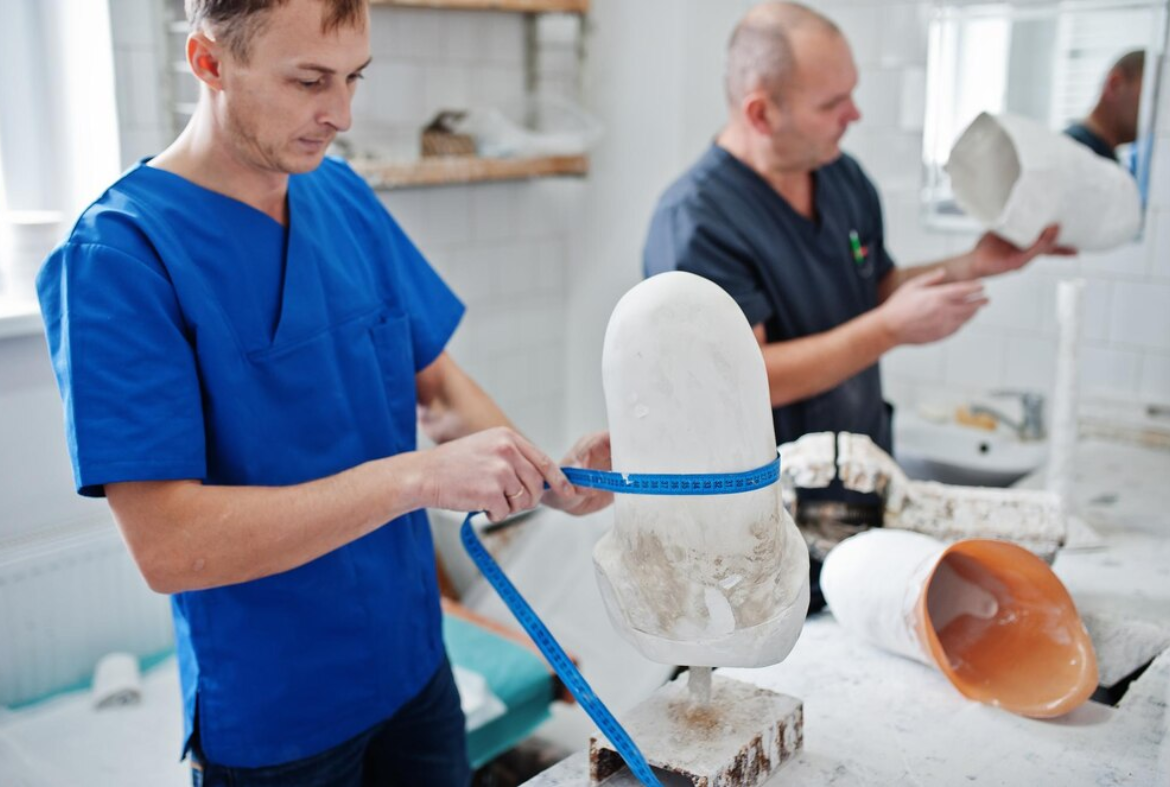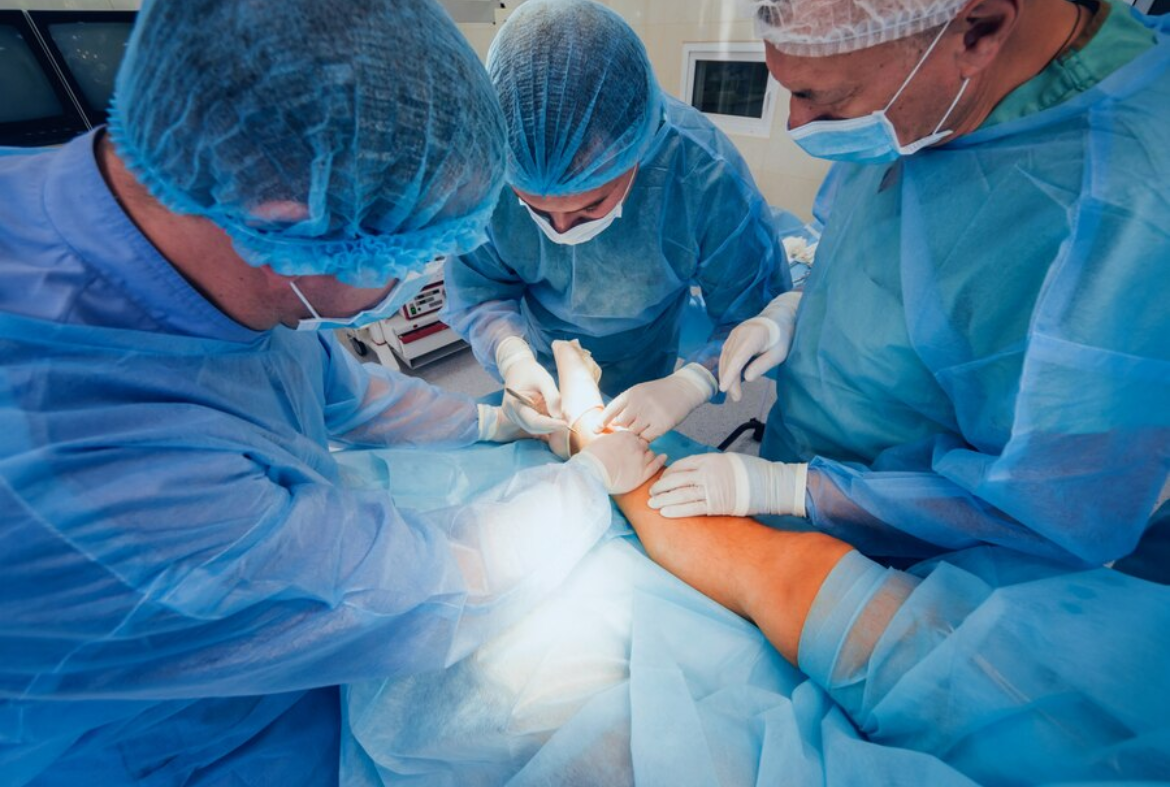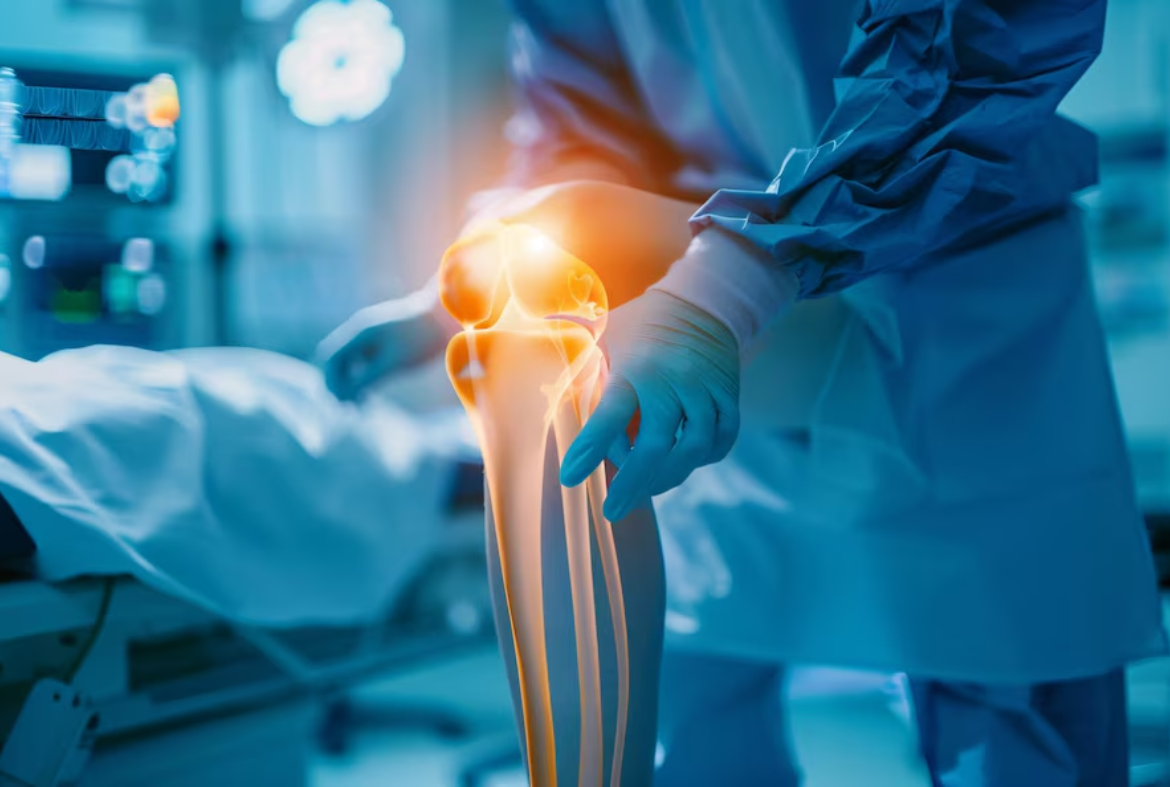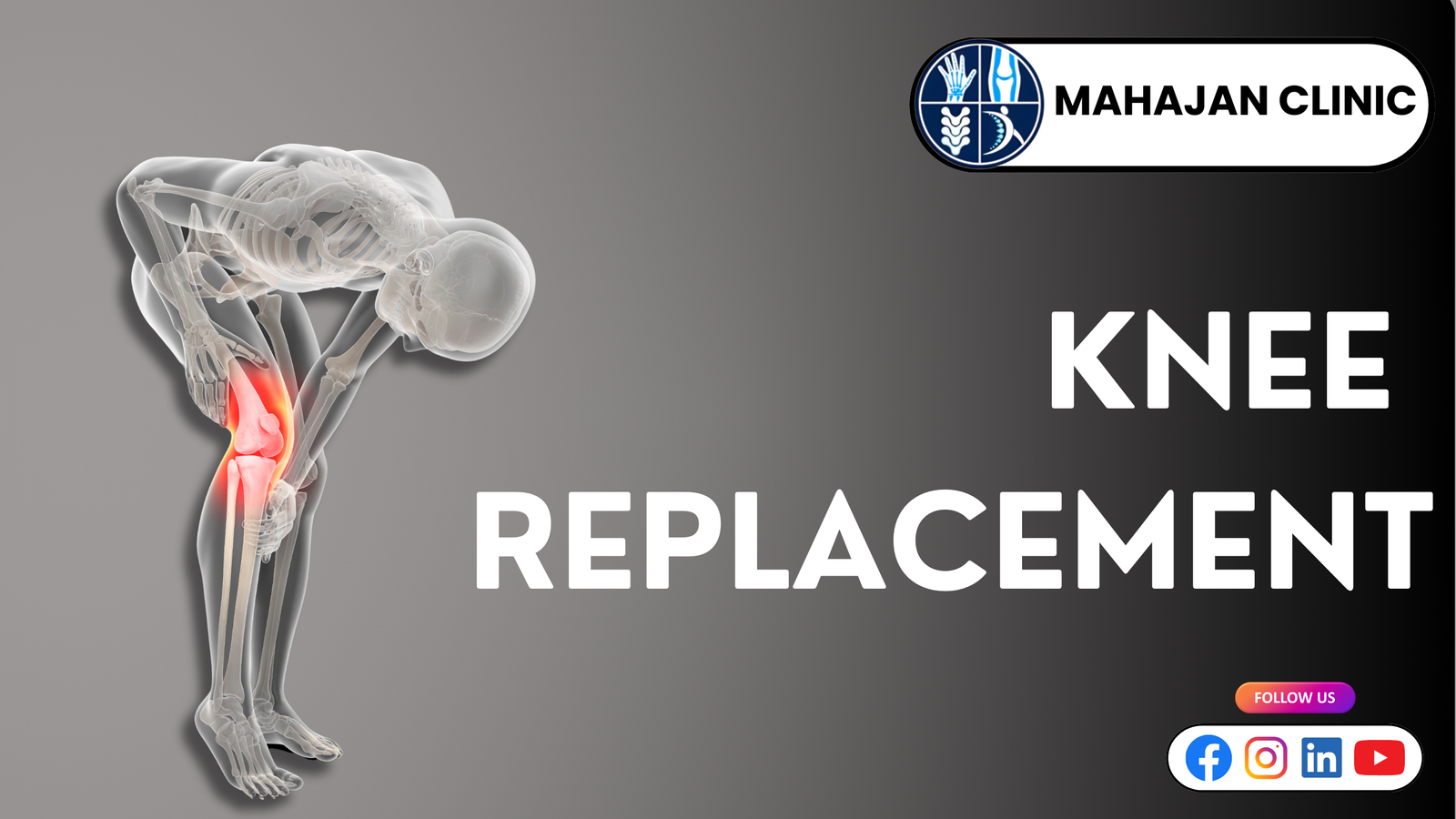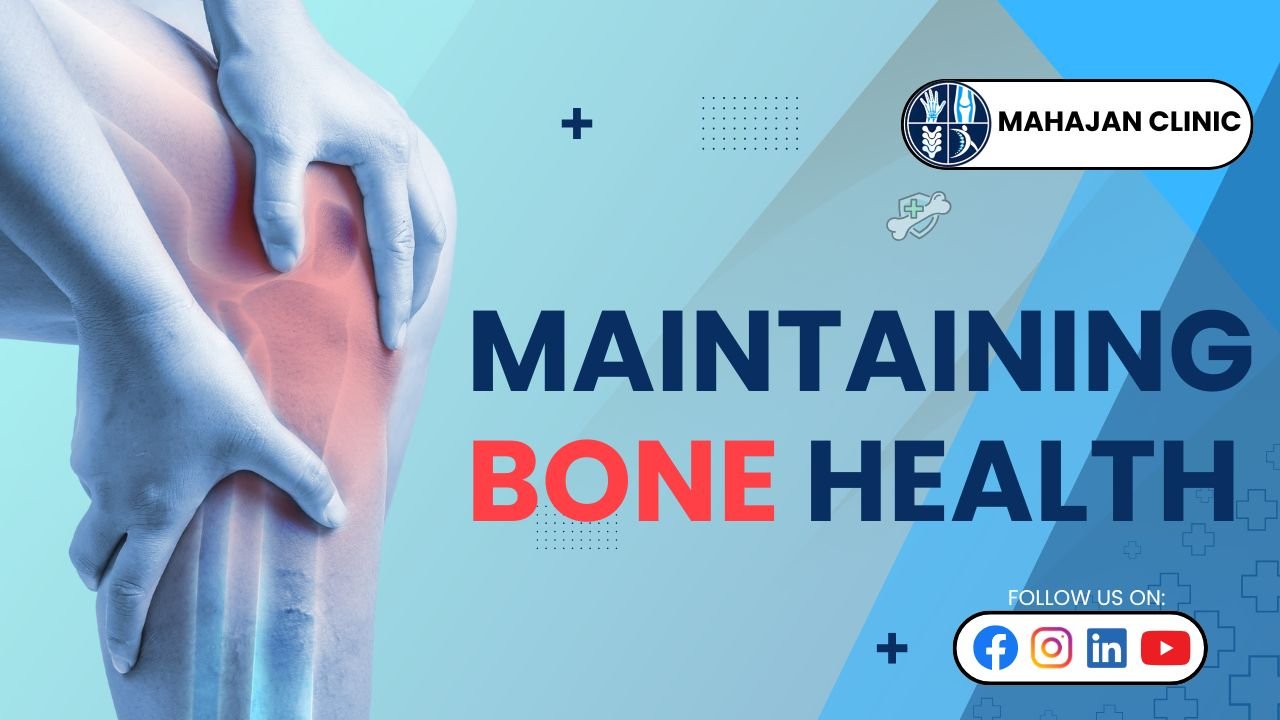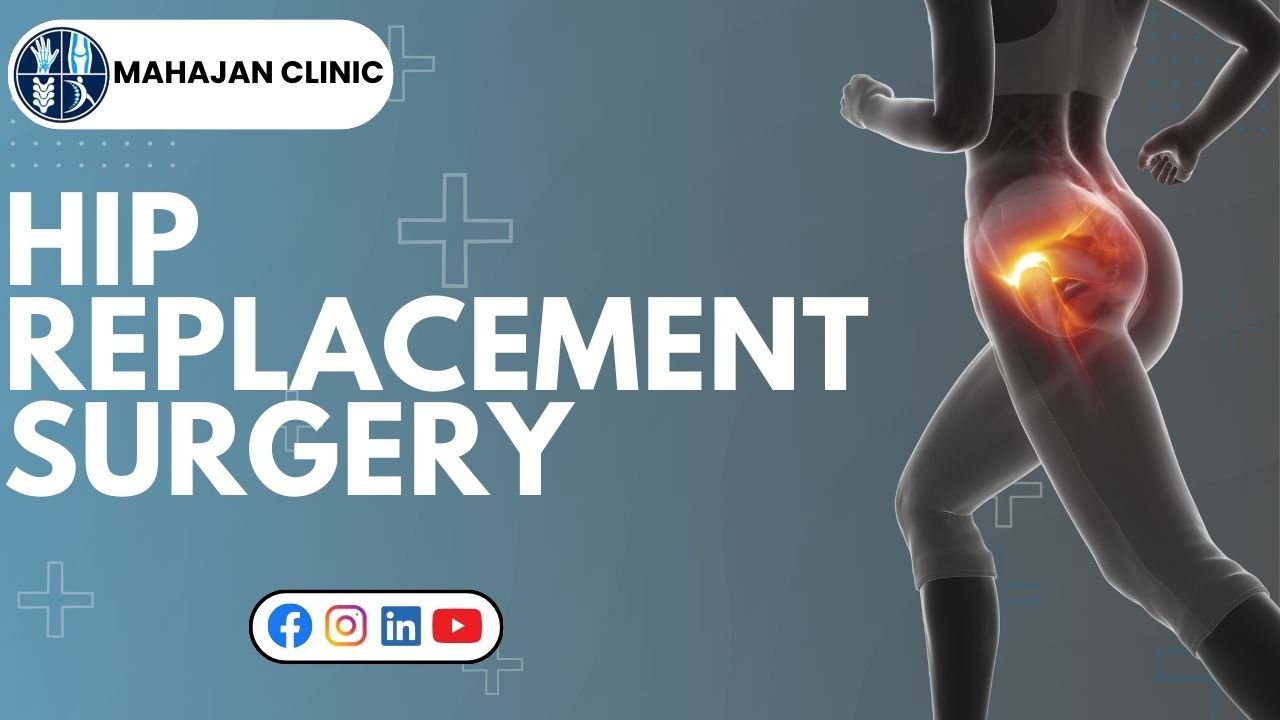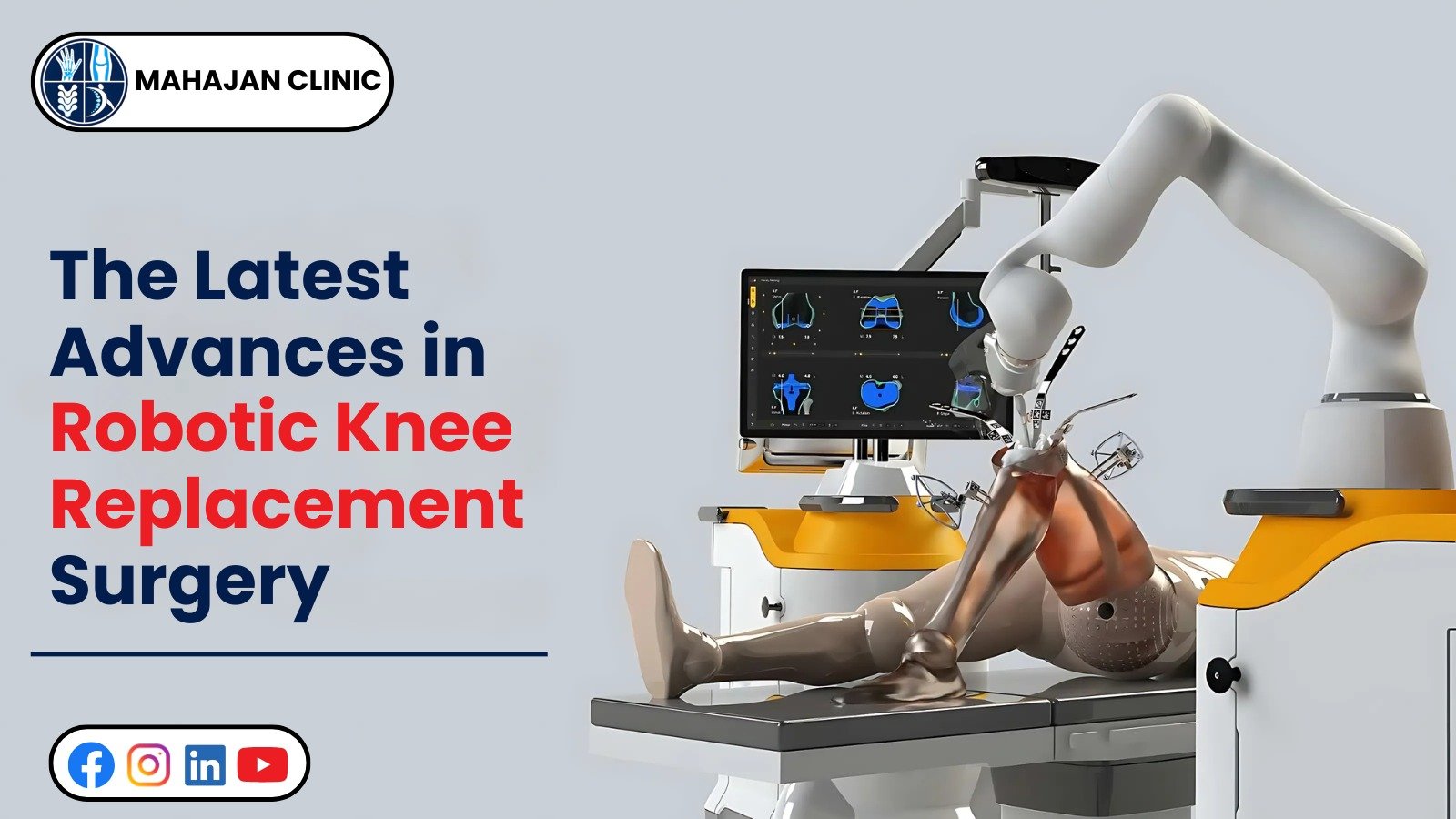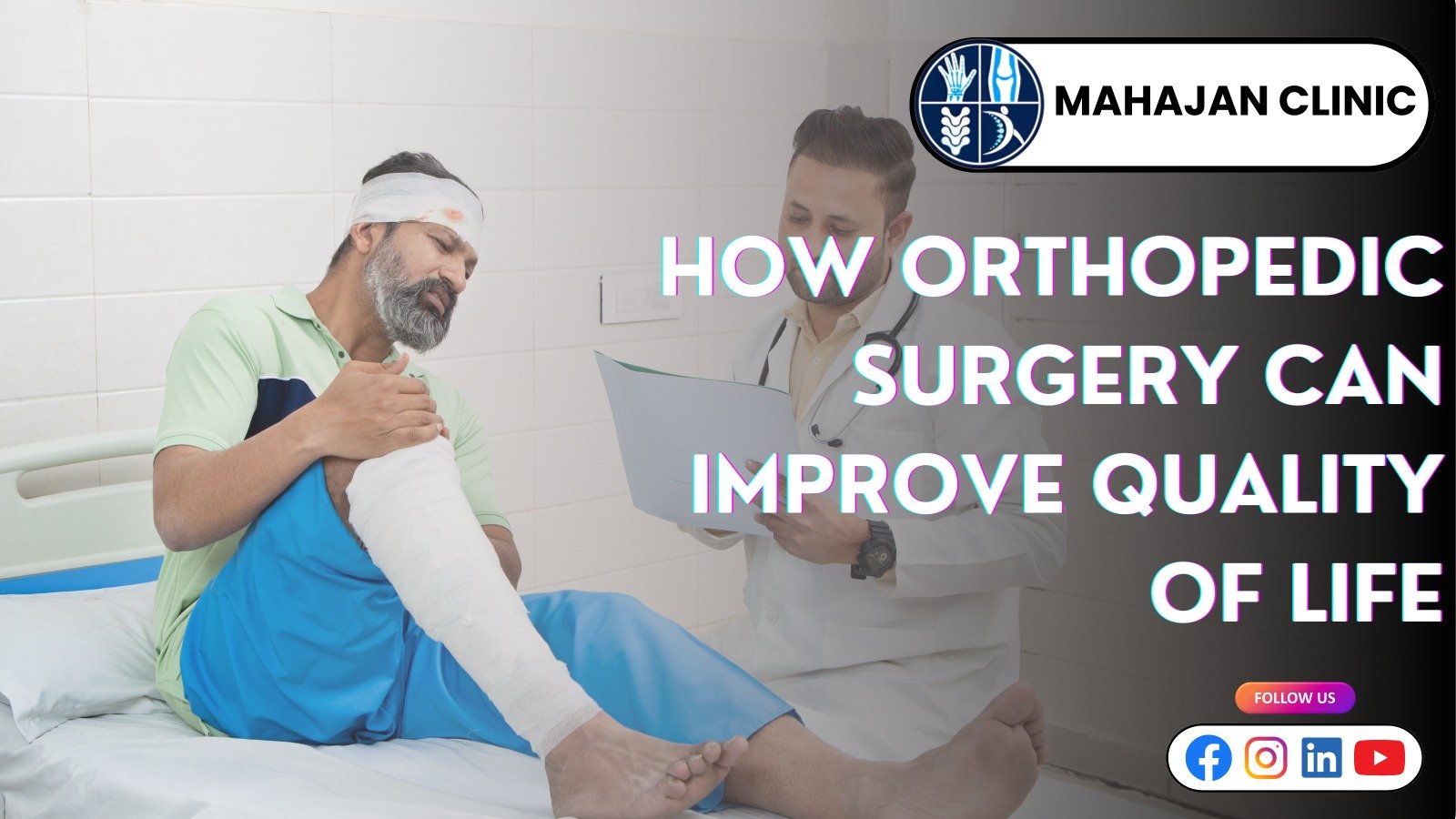Blog Details

The Role of Surgery in Treating Spinal Disorders
The prevalence of spinal disorders is rising, particularly as a result of poor posture, sedentary lifestyles, and aging naturally. A more sophisticated and long-term solution—surgery—is required for certain spinal conditions, even though many cases of back or neck pain can be controlled with physiotherapy, medication, and rest.
There’s growing awareness of the effectiveness of spinal disorder surgery in delhi, thanks to advanced techniques and experienced orthopaedic specialists. Regaining mobility and quality of life requires knowing when and why spinal surgery is required, according to Dr. Rakesh Mahajan of Mahajan Clinic.
Understanding Spinal Disorders
Comprising vertebrae, discs, nerves, and muscles, the human spine is a complex structure. Spinal disorders can result from any disturbance, including trauma, degeneration, infection, or birth defects. Typical circumstances consist of:
- Herniated or slipped discs
- Spinal stenosis
- Degenerative disc disease
- Scoliosis and kyphosis
- Spinal fractures
- Sciatica and nerve compression
- Spondylolisthesis
Symptoms of these disorders may include numbness or weakness in the limbs, chronic back pain, and trouble standing or walking for extended periods of time.
When Is Surgery Recommended?
When non-surgical treatments are ineffective or a patient's condition is rapidly getting worse, surgery is usually taken into consideration. Although every situation is different, some of the primary indicators are as follows:
- Severe nerve compression
- Loss of bowel or bladder control
- Spinal instability
- Deformities such as scoliosis
- Chronic pain that interferes with daily life
- Progressive neurological symptoms like weakness or numbness
Choosing spinal disorder surgery in delhi is about using contemporary medicine to stop further deterioration and provide a higher quality of life, not about hurrying into surgery.
Types of Spinal Surgeries Available
World-class spine care facilities in Delhi provide a range of surgical options, from complex reconstructions to minimally invasive procedures. These are a few of the most prevalent kinds:
- Discectomy: Removing a section of a herniated disc that is putting pressure on a nerve root. It provides quick relief from sciatica-related leg pain.
- Spinal Fusion: Used to treat severe arthritis and spondylolisthesis. In order to stabilize the spine, this procedure joins two or more vertebrae together.
- Laminectomy: To relieve pressure on the spinal cord or nerves, particularly in cases of spinal stenosis, a portion of the vertebral bone known as the lamina is removed.
- Vertebroplasty/Kyphoplasty: Options for minimally invasive treatment of compression fractures, particularly those brought on by osteoporosis.
- Disc Replacement: An artificial disc is used to replace a damaged one in some patients as an alternative to fusion, improving motion after surgery.
Every one of these operations is carried out in accordance with the evaluation of each patient. The accomplishment of spinal disorder surgery in delhi depends on appropriate surgical planning, patient adherence to recovery protocols, and technology.
Benefits of Surgical Treatment
When performed properly, surgery can greatly enhance a patient's quality of life. Among the principal benefits are:
- Pain relief from nerve compression
- Improved spinal stability
- Correction of spinal deformities
- Restoration of mobility and posture
- Prevention of further neurological damage
- Long-term relief compared to conservative treatments
But like any surgery, there are risks, such as blood clots, infection, or anaesthesia reaction, which need to be balanced against the possible advantages. Therefore, it's crucial to speak with a highly qualified orthopaedic specialist when thinking about spinal disorder surgery in delhi.
Advancements Making Spinal Surgery Safer
Procedures are now much more accurate, less invasive, and require less recovery time thanks to advancements in spinal surgery. Among the noteworthy developments are:
- Minimally Invasive Spine Surgery (MISS): Smaller incisions, less blood loss, quicker recovery
- Robotic-assisted surgery: Enhances precision during complex procedures
- Intraoperative navigation systems: Real-time imaging helps guide accurate placement of implants
- Endoscopic techniques: Used in select cases for reduced tissue damage
- Biologics and grafts: Promote bone healing and reduce need for secondary surgeries
Thanks to these technologies, patients now have more confidence in opting for spinal disorder surgery in delhi, knowing they can expect safer and more effective outcomes.
Preparing for Spinal Surgery
The secret to a successful surgery is preparation. Patients go through a comprehensive evaluation prior to the procedure, which may include:
- Blood tests and imaging (MRI, CT scan)
- Assessment of cardiovascular and respiratory health
- Medication adjustments
- Counselling on what to expect post-surgery
In order to increase fitness prior to surgery, doctors also advise "prehabilitation," which consists of a series of exercises and lifestyle changes. This may result in fewer problems and faster healing.
What to Expect After Surgery
The type of surgery, the patient's general health, and their dedication to rehabilitation all affect how quickly they recover after surgery. The majority of patients gradually resume their regular activities over the course of a few weeks or months.
Key recovery milestones may include:
- Initial rest and limited movement (few days to a week)
- Gradual walking and mobility exercises
- Physical therapy to strengthen core muscles
- Pain management through medications and ice therapy
- Monitoring for complications like infection or swelling
Attending routine follow-ups to track progress and carefully following all post-operative instructions are crucial. Many patients can resume an active, pain-free lifestyle with the right care.
Long-Term Outlook and Quality of Life
For someone with a crippling spinal condition, surgery can be a life-changing experience. Most patients say:
- Less reliance on painkillers
- Greater ability to work or participate in hobbies
- Better sleep and posture
- A renewed sense of freedom in movement
By addressing the root cause of the issue, spinal disorder surgery in delhi offers more than just symptom relief—it restores function, independence, and joy.
Final Summary
You don't have to let spinal disorders define your later years or prevent you from living a fulfilling life. It might be time to look into surgical options if conservative treatments prove insufficient. The best procedure for your condition and your suitability as a candidate can be ascertained by an expert evaluation. Dr. Rakesh Mahajan at Mahajan Clinic specializes in spinal treatments and is committed to providing patients with advanced care, compassion, and clarity. If you or a loved one is considering spinal disorder surgery in delhi, it's never too early or too late to look into your options and get advice.
